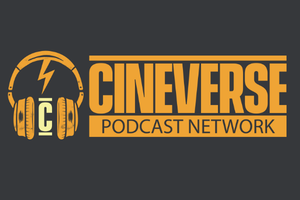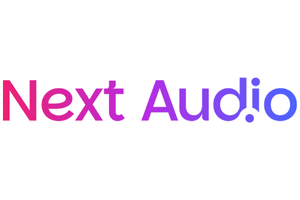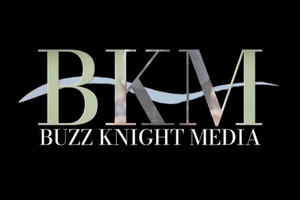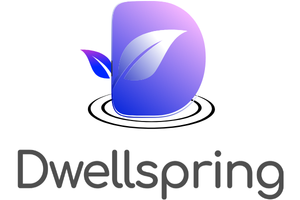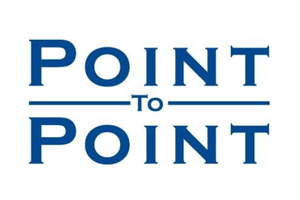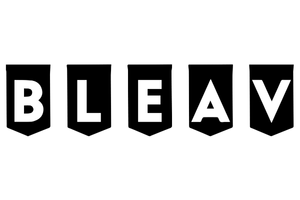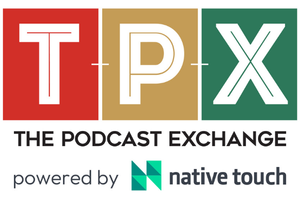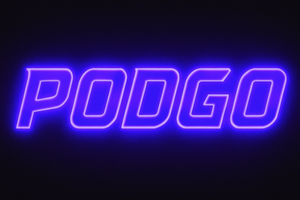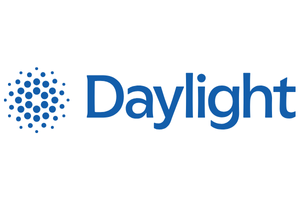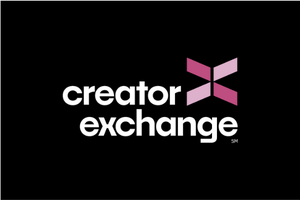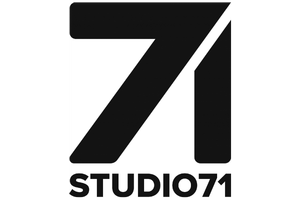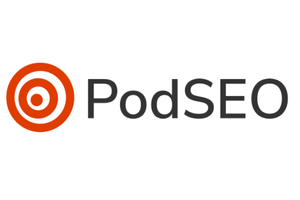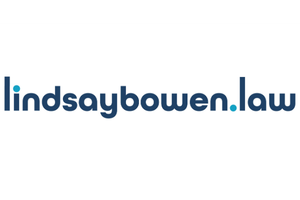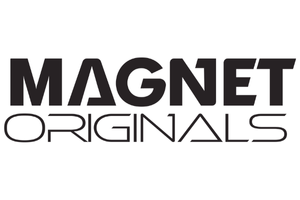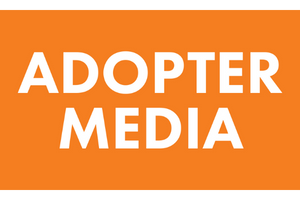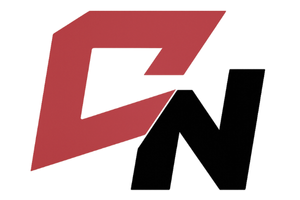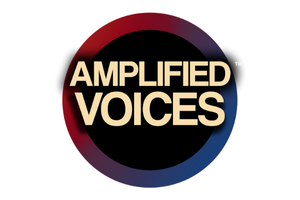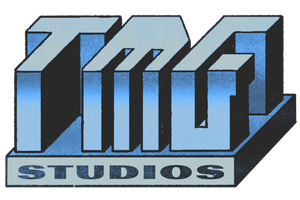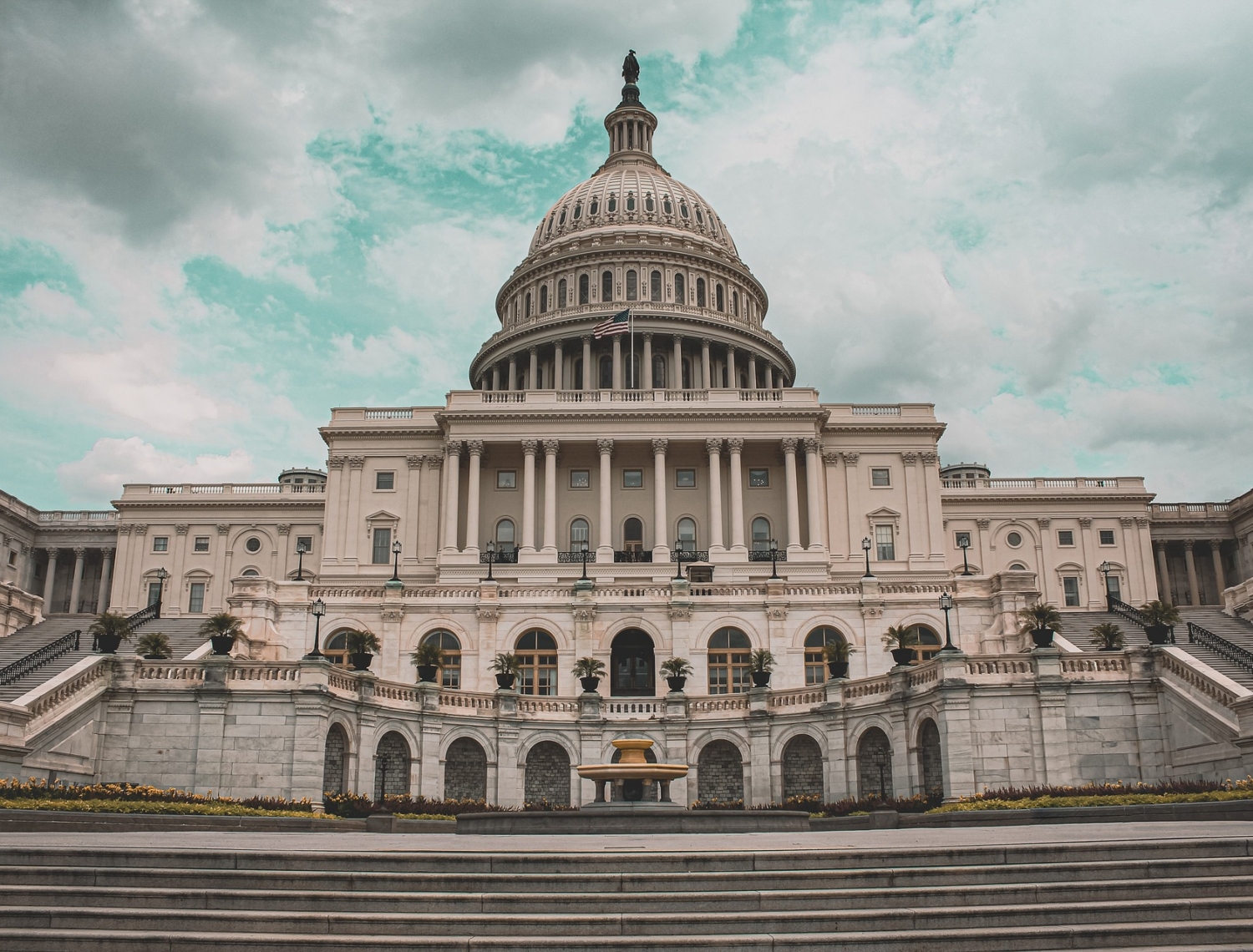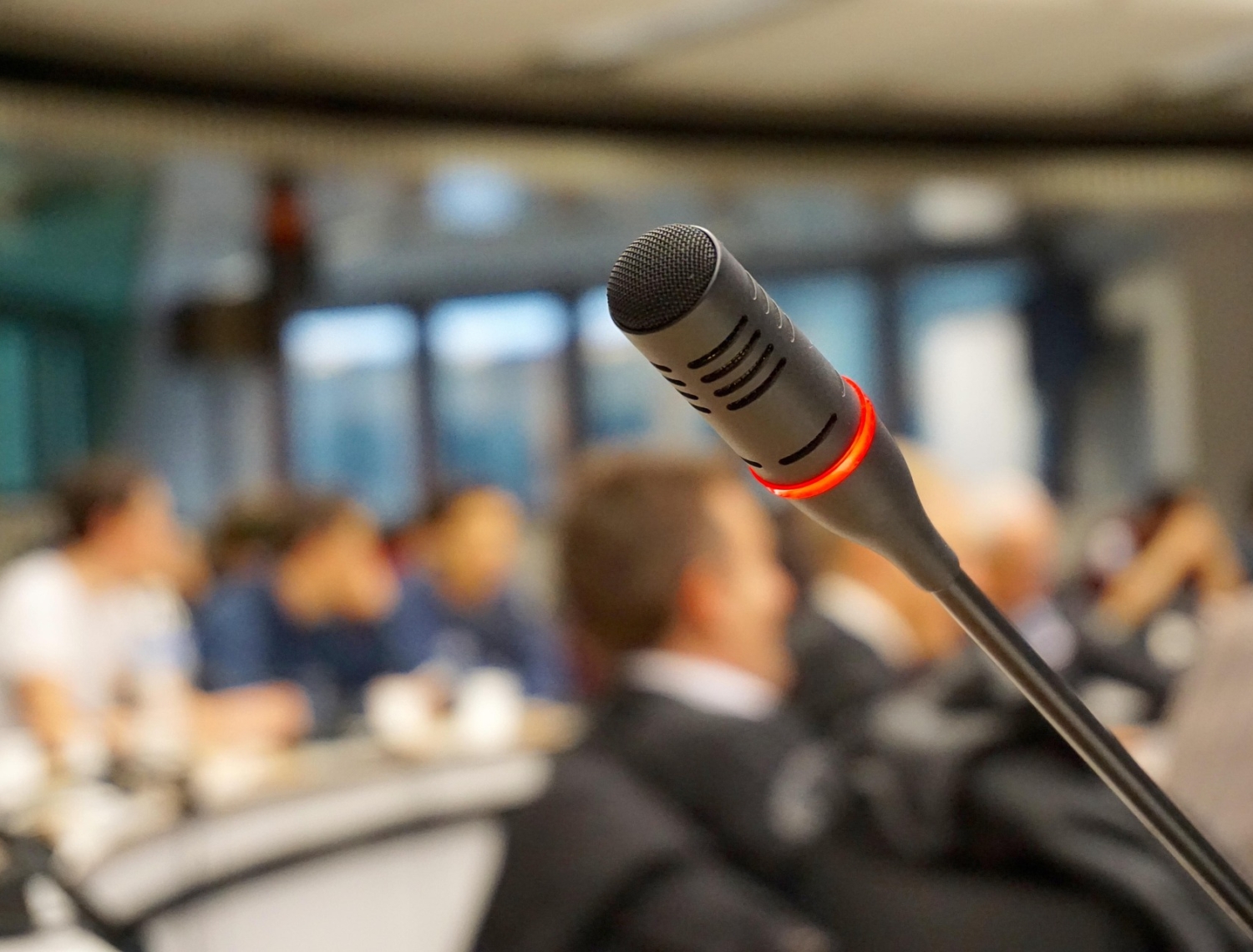Wednesday, August 30th, at 3:00pm EST, Sounds Profitable will debut its newest research in a live webinar. Produced in partnership with Signal Hill Insights, we are proud to present The Podcast Landscape in America, a study of over 2,400 Americans 18+ that aims to understand why they do (or do not) listen to podcasts. Register now!
Last week, I talked about the “song of the summer” and the Joe Rogan problem. This week, as I pored over the data for our upcoming new research project, The Podcast Landscape in America, I wanted to quantify exactly what I was talking about. Prepare to be shocked, unless you’ve been looking at podcast data for the past four years.
The project surveyed over 2400 Americans ages 18+, and asked both podcast listeners and non-listeners alike about their perceptions of the media. One of my favorite questions to ask, as I’ve written about here in the past, is “what podcasts do you listen to on a regular basis?” In this study we asked listeners to name their top three (if they had three), which the diligent team at our partners Signal Hill Insights hand-coded and tabulated.
The results? I have to tell you – nearly identical in every way to what I saw with Edison Podcast Metrics for a few years. Here are your top ten, followed by the percentage of listeners who named the show:
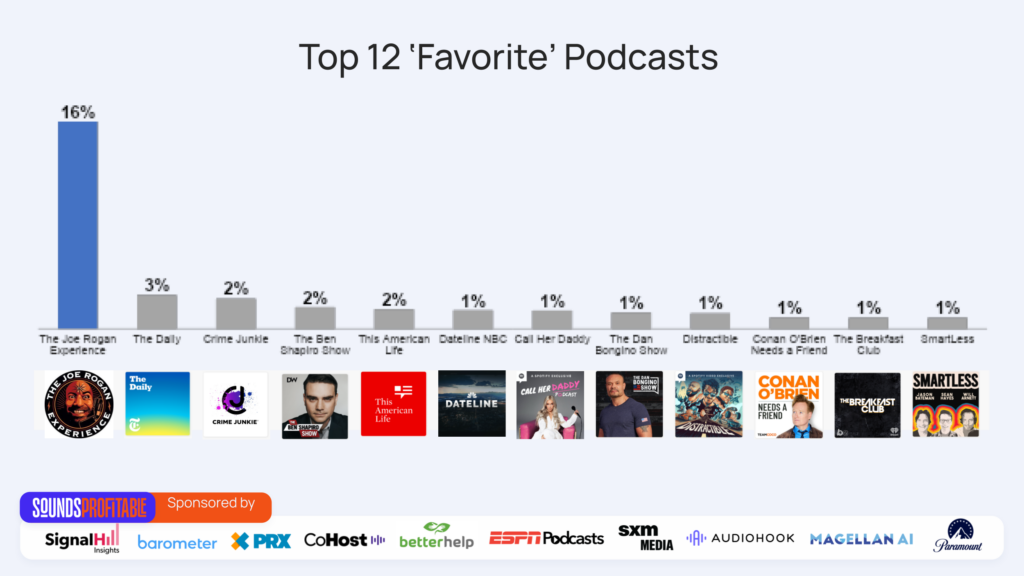
You knew that Rogan was number one, sure. But did you know by how much?
Before you get carried away with this graph, a couple of things – the human brain wants to look at all the “1%s” on this graph and diminish them as small numbers. They are not small numbers – they reflect a percentage of all the people who have ever listened to a podcast, and even at 1% they would exceed the audience of most non-football TV shows. Second, the question isn’t “what did you listen to this week”; it’s “what are your favorite podcasts”: a construction which can tend to inflate Rogan’s impact; a popularity contest and not a listening metric. Still, the question itself is a powerful one.
Now, last week I talked about the perceptions that people have about podcasting when Rogan is what they think about – and there isn’t really anything actionable there. But I want to put my audience development hat on here and talk about what Rogan does right that so few in podcasting really get: super-serving a core audience.
Rogan’s core is exactly who you think they are – young men who spend a lot of time on YouTube and followed Rogan to Spotify. They do listen to other podcasts, as it turns out, but Rogan is certainly a standard bearer for many of them. You probably have a very clear picture in your head who a Rogan fan is when they are at home – what they look like, listen to, read, and believe. You have this, because Rogan is crystal clear about attracting a very specific audience, even at the exclusion of others.
It is this simple fact of marketing that makes me wince anytime I hear someone tell me their podcast is for “everyone” or “anyone with an interest in [topic].” A topic interest is not an organizational principle – it isn’t specific enough. Imagine you were doing a podcast about My Little Pony toys and collecting. There are three distinct groups (at least) who would be interested in this: nine-year old girls, 60 year-old dudes with collectible shops, and bronies. I guarantee you cannot make a podcast that appeals to all three of these segments (and the bronies care most about the brand).
It’s why My Favorite Murder is so good – it’s a topic (true crime) with a specific point of view: Karen and Georgia’s comedic take on, well, murder. Not everyone is going to like it. But if you like it, you really like it. The famous hotelier Ian Schrager calls it “one plus one equals three.” You build something most people will hate, but a few people love – and love enough to tell their friends about. For a podcast, that means having as clear a picture about your topic area, point of view, and ideal listener (yes, listener – singular) as you possibly can, and making the podcast that human would love even if most people would hate it.
As long as Rogan is speaking to that one listener, and producing content that polarizes people into camps of “love” and “hate,” he’s going to print money. The worst thing you can say about a podcast isn’t that people hate it – it’s that nobody loves it.
Now here is the hard part – sometimes you have to lose an existing audience to make these kinds of creative choices. That’s tough to take, especially when downloads go down and unhappy emails roll in. It requires some bravery, a strong stomach, and most importantly, the knowledge that there is a there there with the audience segment you are ultimately trying to attract. I think we are all capable of this. It just requires clarity and hard choices. But we need more Rogans. We need more podcasts that spark passion, with clear points of view, that plant flags for people to rally around. Maybe this is the hardest question to ask yourself as a podcaster – would anyone rally around this flag?
There are absolutely podcasts out there that I rally around, support financially, and belong to Discord communities for and I hate Discord. I feel like I am their only listener – the show was made for me. And if podcasting is going to start to fatten up the right side of the graph above, more shows are going to have to make those creative leaps and hard decisions.
New Partners
Sounds Profitable exists thanks to the continued support of our amazing partners. Monthly consulting, free tickets to our quarterly events, partner-only webinars, and access to our 500+ person slack channel are all benefits of partnering Sounds Profitable.
- Get your fans directly to each podcast episodes or sponsor content FAST from Instagram in just ONE click using Stampede Social. It’s the link in bio killer for Creators, and so much more!
- Carbonatix transforms audio experiences with innovative solutions, global partnerships, and intelligent audio immersion for maximum impact and revenue
Want to learn more about partnership? Hit reply or send us an email!















